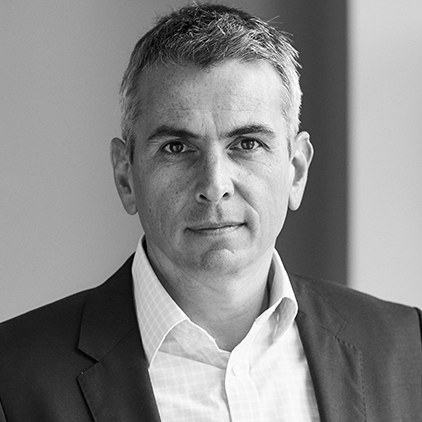-
Insight Bite
CLEAR, EXPERT, INFORMED SECTOR FOCUSED NEWS.


MATTHEW BYATT
Managing Partner
“Intel is back”, said CEO Pat Gelsinger last month, before setting out plans to capitalize on tensions with China and the global semiconductor shortage by starting a new foundry business.
While Intel’s existing foundry business has been around for years, the firm is now making a fresh foray with a larger separate business unit called Intel Foundry Services, that will be almost entirely autonomous. This will be based at its Arizona facility, where the firm will spend $20bn to build two fabs to later be joined by similar plants elsewhere in the United States and Europe.
With global demand for chip manufacturing exceeding supply, and an estimated 80 percent of advanced foundry capacity located in Taiwan and China, Intel is perfectly poised to take advantage of the West’s desire to ensure that critical semiconductor manufacturing can take place in home territory.
“Intel is in a unique position to rise to the occasion and meet this growing demand while ensuring a sustainable and secure supply of semiconductors for the world,” said Gelsinger at the Unleashed event.
In terms of tech, Intel has not indicated precisely what products the foundry will be focused on, but Gelsinger confirmed the use of extreme ultraviolet lithography (EUV). The custom chips are expected to be sold to Western governments and tech companies like AMD, Nvidia, and even Apple – putting Intel in direct competition with TSMC and Samsung.
However, despite the optimism around Intel’s big foundry plans, questions remain around the firm’s future as an integrated device manufacturer (IDM).
Apple’s game-changing ARM-based system on a chip (SoC) designs are thought by many to have rendered Intel’s x86 processor design obsolete. Now with the new foundry play, Intel is showing strength, but the pressure is on to prove that its 7nm chips can retain the superior performance that has helped it to dominate the chip market over the last few decades.
Matthew Byatt | Managing Partner
Acuity Advisors
Matthew is a Co-Founder and Managing Partner at Acuity and leads the Acuity Advisors’ Deeptech practice.
Matthew has held senior leadership and corporate finance positions with some of the UK’s most successful and influential technology and consultancy companies. Roles with ARM, McKinsey and Cadence have given Matthew an exceptional insight into the world’s most successful businesses and a number of the UK’s eminent start-ups, underpinning his success at Acuity.
Matthew has considerable experience across a broad range of technology sectors throughout the UK, US and Asia, ranging from nanotechnology, semiconductor and cleantech to digital media and internet businesses. It’s experience that has given him a robust, well-developed and international network. Having also run and successfully exited his own business, Matthew has a deep understanding of the financial and emotional aspects of this demanding process, bringing a unique and authoritative perspective to each business sale.
One of Matthew’s strengths is understanding complex technical value propositions, one of the benefits of training as an electronic engineer. He gets to the heart of what drives a company’s value and communicates this persuasively to potential buyers and investors. Matthew understands a buyer’s motivation intuitively and delivers a compelling rationale for why a business sale should be of strategic interest. His insight consistently yields higher deal values and results in great successes for his clients.